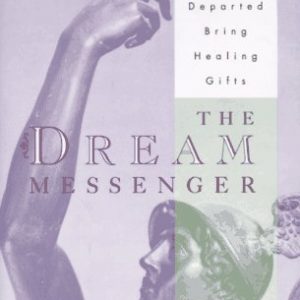Description
pp. 298, b/w photographs, “In this book, an anthropologist analyzes political and cultural change among the Gayo, a Muslim people numbering about 200,000 who live in the highlands of northern Sumatra. John R.Bowen, who has lived among the Gayo shows how their successive absorption into both colonial and post-colonial states has led them to revise their ritual speaking, sung poetry, and historical narrative. Bowen discusses the phases that have characterized Gayo political and cultural history since 1900: the centralization of political structures and political narratives under Dutch colonial rule, the attempt to implement radically new nationalist and Islamic images of social order in the early years of independence, and the increasingly hierarchcial forms of control and discourse in the post-1965 New Order. He then examines the effect of these changes on Gayo poetics, finding that there have been consistent shifts in the forms of narrative, rhyme, and dialogue.”





